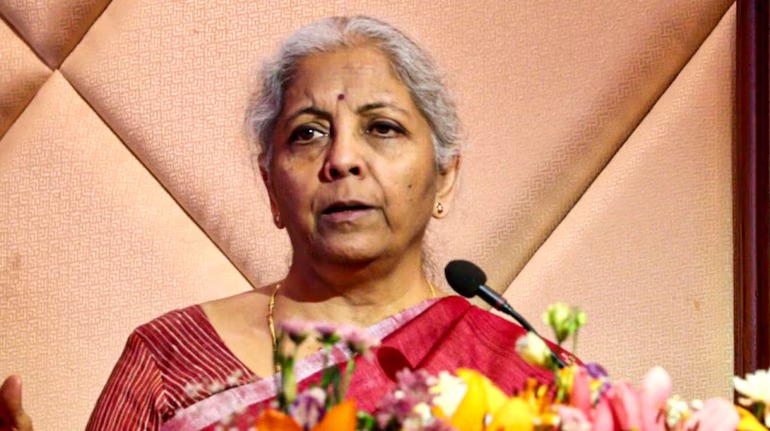 Image Source: The Hans India
Image Source: The Hans India
In a significant move to blend traditional crafts with modern employment opportunities, the Delhi government, under the leadership of Industries Minister Manjinder Singh Sirsa, has announced a comprehensive Rs 50-crore skill development program targeting unemployed youth and artisans in the Khadi sector. The initiative is designed to preserve India’s rich handloom and village industry heritage while equipping new generations with practical skills for gainful employment and entrepreneurship.
Key Highlights: Program Objectives and Reach
The skill training scheme will be implemented through the Delhi Khadi and Village Industries Board (DKVIB), aiming to train over 13,900 individuals during 2025–26 with a focus on employment generation and self-reliance.
At least 50 percent of training slots will be reserved for marginalized communities including Scheduled Castes (SC), Scheduled Tribes (ST), Other Backward Classes (OBC), Economically Weaker Sections (EWS), and women, emphasizing inclusive growth.
The program includes distribution of toolkits to 2,500 artisans and organized exposure visits for 500 beneficiaries to provide practical hands-on experience and market insights.
Training centres will be established in all districts of Delhi to ensure accessibility and widespread impact.
Curriculum and Skill Areas Covered
Courses integrate traditional Khadi textile crafts with contemporary needs such as apparel merchandising, fashion design, logistics, IT help desk operations, and self-employed tailoring—all aimed at modernizing the sector.
Trainees receive daily sessions on artificial intelligence (AI), digital tools, marketing strategies, and soft skills to boost their competitiveness and adaptability in a fast-evolving market.
Certificate programs will be offered post-training, facilitating formal recognition of newly acquired skills.
Monthly stipends of Rs 400 will support trainees during the program, alongside assistance for accessing loans and credit facilities to start independent ventures.
Strategic Partnerships and Quality Assurance
The scheme collaborates with reputed organizations such as the National Skill Development Corporation (NSDC), National Institute for Entrepreneurship and Small Business Development (NIESBUD), and various NGOs to ensure high-quality, demand-driven training.
Adherence to guidelines from the Ministry of Skill Development and Entrepreneurship will maintain program standards and encourage best practices.
The Entrepreneurship Development Programme (EDP), an intensive 10-day module, will empower trainees with essential business knowledge to transition from craftsmanship to profitable micro-enterprises.
Integration with national efforts such as the Prime Minister’s Employment Generation Programme (PMEGP) and support mechanisms from Khadi and Village Industries Commission (KVIC) amplifies impact through access to subsidies and interest relief.
Cultural Significance and Long-Term Vision
Minister Sirsa highlighted the dual mission of the initiative: to preserve the timeless artistry of Khadi while fostering future-ready skills aligned with India’s Atmanirbhar Bharat vision.
The program aims to revive local crafts while marrying them with innovation to create sustainable livelihoods.
Recent events like Delhi Khadi fashion shows flaunting Vedic styles underscore the renewed popularity and evolving image of Khadi as both heritage and fashion.
Future Expansion and Impact
For 2026-27, plans include expanding coverage to train an additional 5,750 youth and 8,625 artisans, introducing new courses and boosting funding involving Corporate Social Responsibility (CSR) collaborations.
Outcomes are expected to contribute significantly to skill enhancement, employment generation, women empowerment, and rural-urban economic linkages.
The government’s commitment reinforces Delhi’s leadership in providing skill training that respects cultural roots while embracing digitally empowered futures.
Conclusion
The Delhi government’s Rs 50-crore skill program for the Khadi sector represents a thoughtful convergence of culture, employment, and technology. By targeting unemployed youth and marginalized artisans, equipping them with market-relevant skills, and honoring India’s rich craft traditions, this initiative works to build inclusive, resilient, and thriving local economies. As the program rolls out, it serves as a model for how heritage crafts can transform into vibrant engines of self-reliance and modernization in 21st century India.
Sources: The Hans India
Advertisement
Advertisement








